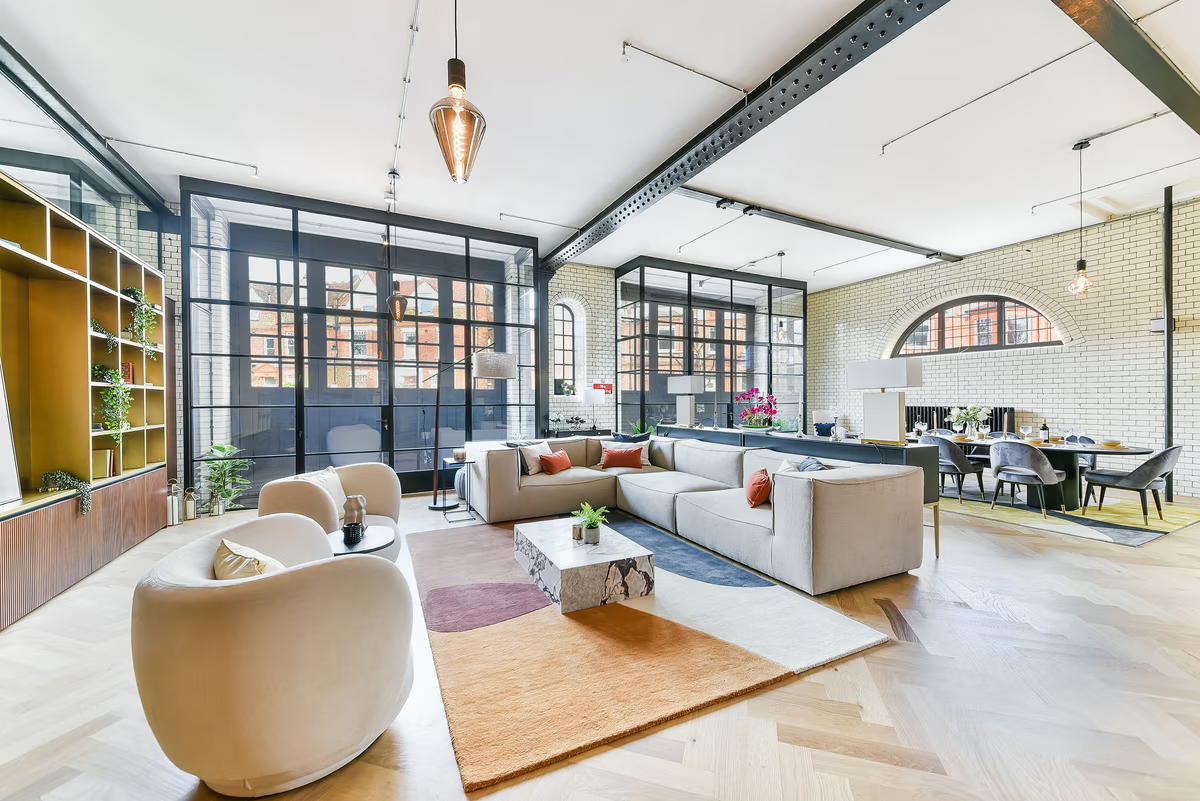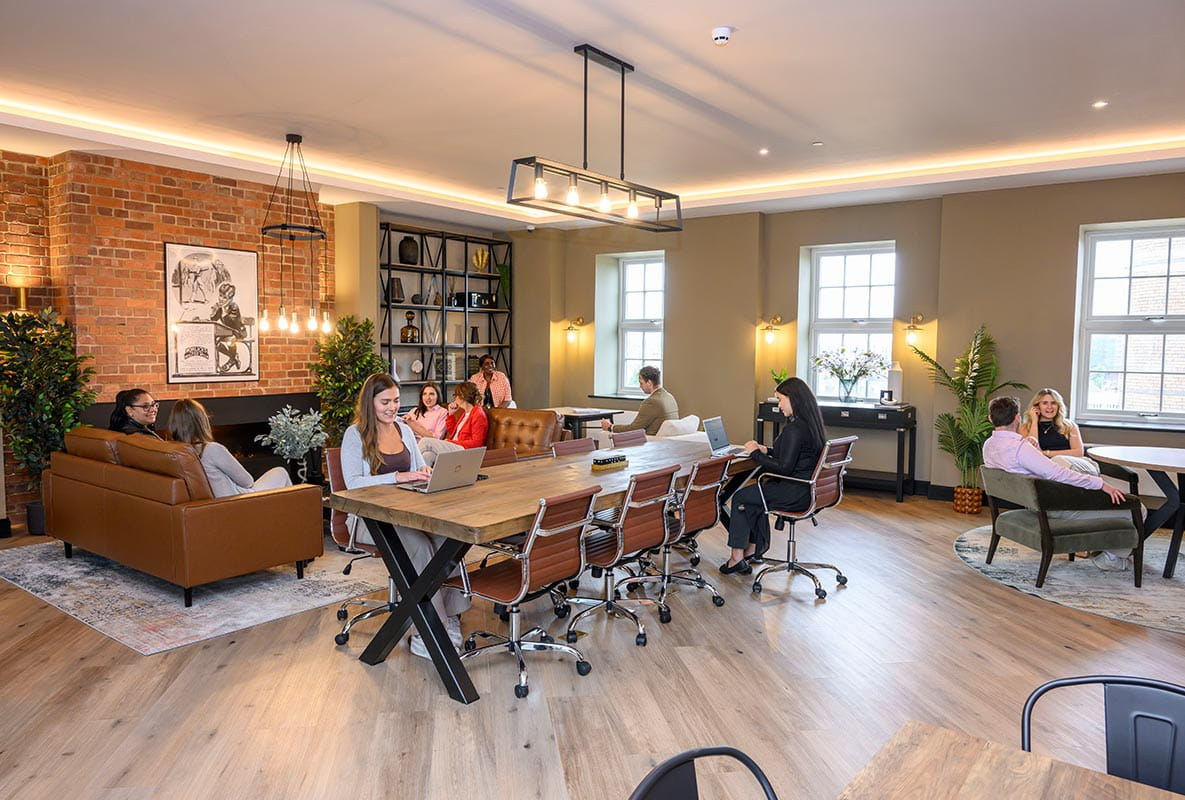
What Are the Essential Requirements of an Event Venue?
Choosing the right venue is one of the most influential decisions in event planning. The venue sets the tone, affects guest experience, and determines how smoothly activities will run on the day. Whether the event is a workshop, launch, corporate gathering, or celebration, the space must meet a precise set of requirements to support comfort, flow, safety, and functionality.
This guide outlines the essential criteria every event planner should consider when assessing a potential venue.
1. Capacity and Spatial Requirements
Understanding how many people the venue can safely and comfortably accommodate is the first essential step. The venue should provide:
-
Adequate space for seating, standing areas, and mingling
-
Clear circulation space to avoid congestion
-
Sufficient room for activities such as presentations, catering, or performances
-
Flexibility for different layouts or room configurations
A venue that is too small feels cramped, whilst one that is too large can feel empty and diminish atmosphere. The right capacity ensures comfort and supports the event’s purpose.
2. Location and Accessibility
A venue’s location plays a key role in overall attendance and guest experience. A strong event venue will offer:
-
Easy transport links for both public transport and private vehicles
-
Proximity to hotels, cafés, and amenities
-
Straightforward directions and signposting
-
Step free access for wheelchair users and guests with mobility needs
Accessibility should be considered for every guest, not only those who declare specific needs. Simple, convenient access contributes to a stress free arrival.
3. Amenities and On Site Facilities
The best venues offer a combination of essential facilities and practical comforts, including:
-
Well maintained toilets
-
Heating, cooling, and ventilation
-
On site parking or nearby car parks
-
Reliable Wi Fi
-
Breakout spaces if required
-
Storage areas for equipment or supplies
Amenities should align with your event’s scale and duration. A full day workshop, for example, may require more break space than an evening reception.
4. Technical Equipment and Support
Modern events often rely heavily on technology. A suitable venue should offer:
-
High quality audiovisual equipment
-
Clear sound with microphones if needed
-
Projectors, screens, or large displays
-
Adequate power outlets
-
Lighting options that match the event style
-
On site technical support to troubleshoot issues
A lack of technical reliability can disrupt presentations, hybrid meetings, or content sharing. Strong technical infrastructure ensures a smooth experience.
5. Layout and Floor Plan
The layout determines how guests flow through the space, how activities unfold, and how the event feels. When reviewing a venue’s layout, consider:
-
Entrance and registration areas
-
Seating arrangements
-
Stage or presentation zones
-
Catering and bar placement
-
Breakout or networking sections
-
Storage and backstage access
A well planned layout balances practicality with aesthetics and helps create an enjoyable rhythm throughout the event.
6. Parking and Transport Options
Transport has a direct impact on attendance. Venues should ideally provide one or more of the following:
-
On site parking
-
Nearby paid or free parking
-
Transport links such as Overground, Underground, or bus routes
-
Space for coaches, taxis, or drop offs
Transport planning is particularly important for evening events, corporate functions, or guests travelling from outside London.
7. Catering and Food Services
Food and drink are a central part of most events. When assessing catering options, check:
-
Menu variety including vegetarian, vegan, gluten free, and allergy friendly options
-
Fresh, high quality ingredients
-
Professional service and presentation
-
Flexibility to accommodate requests
-
Timing and efficiency, especially for large groups
Catering can significantly elevate the event experience, so quality and reliability matter.
8. Cost and Budget Considerations
The venue must align with your overall budget. Key factors include:
-
Hire fees and what is included
-
Fees for catering, security, cleaning, or equipment
-
Peak versus off peak pricing
-
Deposit requirements
-
Cancellation policies
A clear understanding of costs helps avoid unwelcome surprises and allows accurate planning.
9. Safety and Compliance Requirements
Safety is non negotiable. Venues should comply with all regulations, including:
-
Fire safety inspections
-
Clear emergency exits
-
Proper signage
-
First aid availability
-
Capacity limits that are legally enforced
Compliance protects guests and ensures the event runs within legal standards.
10. Availability and Booking Process
Before committing to a venue, confirm:
-
Availability on your preferred date
-
Booking procedures
-
Payment deadlines
-
Setup and breakdown windows
-
Policies around supplier access and deliveries
A smooth booking process can save significant time and reduce planning stress.
11. Communication with Venue Staff
Strong communication is essential. Good venues provide:
-
Clear, timely responses
-
Supportive coordination during planning
-
On site contacts on the day
-
Transparency about rules, limitations, and costs
A responsive venue team makes planning easier and builds confidence ahead of the event.
12. Feedback and Previous Event Reviews
Reviews provide real insight into how a venue performs in practice. Look for:
-
Testimonials from previous clients
-
Comments about service, ambience, and reliability
-
Examples of similar events hosted there
Feedback helps identify positive patterns or potential concerns before booking.
Conclusion
A strong venue is the foundation of a successful event. By evaluating capacity, location, amenities, technical support, layout, transport options, catering quality, safety standards, and staff communication, organisers can choose a space that enhances guest experience and supports the event’s goals.
Taking the time to review these requirements ensures your event runs smoothly and leaves a lasting impression.
Latest Posts

Why Entertainment Matters at Business Events
Business events are about more than presentations and cateri...

Why Hire a Venue for Your Next Business Event?
Business events shape how clients, colleagues, and partners...

Top Advice to Welcome Guests Into Your Property
Whether you’re hosting a client meeting, a creative workshop...

How To Turn Your Property Into An Event Venue
Turning a private property into a successful event space tak...

How To Market An Event Venue Or Space
Success in venue hire isn’t just about filling the calendar...

How Much Does It Cost To Hire A Meeting Room In Lo...
London is full of options: sleek co-working rooms, boutique...

How Much Does a Caterer in London Cost Per Person...
London is one of the world’s busiest business hubs, hosting...

How Far in Advance Should You Book a Meeting Room?
Booking a meeting room seems simple, but timing can make all...

How to Plan a Corporate Party in London
Organising a corporate party may look simple at first glance...

What Makes a Good Meeting Room Layout? A Complete...
A great meeting room layout does far more than determine whe...

What Is Corporate Events Management? A Complete Gu...
Corporate events management is the structured process of pla...

How Much Does It Cost to Hire a Venue Finder in Lo...
Planning an event in London can be time consuming and overwh...

What Are the Essential Requirements of an Event Ve...
Choosing the right venue is one of the most influential deci...

The Pros and Cons of Hosting Free Events: A Comple...
Free events are a popular strategy used by brands, communiti...

What Are the Key Features of a Private Event?
Private events are designed to feel personal, exclusive, and...

What Are the Benefits of Using a Private Party Ven...
Choosing the right venue is one of the most influential deci...

The Best Corporate Party Theme Ideas to Inspire Yo...
The Best Corporate Party Theme IdeasA strong theme can trans...

Key Questions to Ask When Choosing a Venue for a P...
Choosing the right venue is one of the most important decisi...







